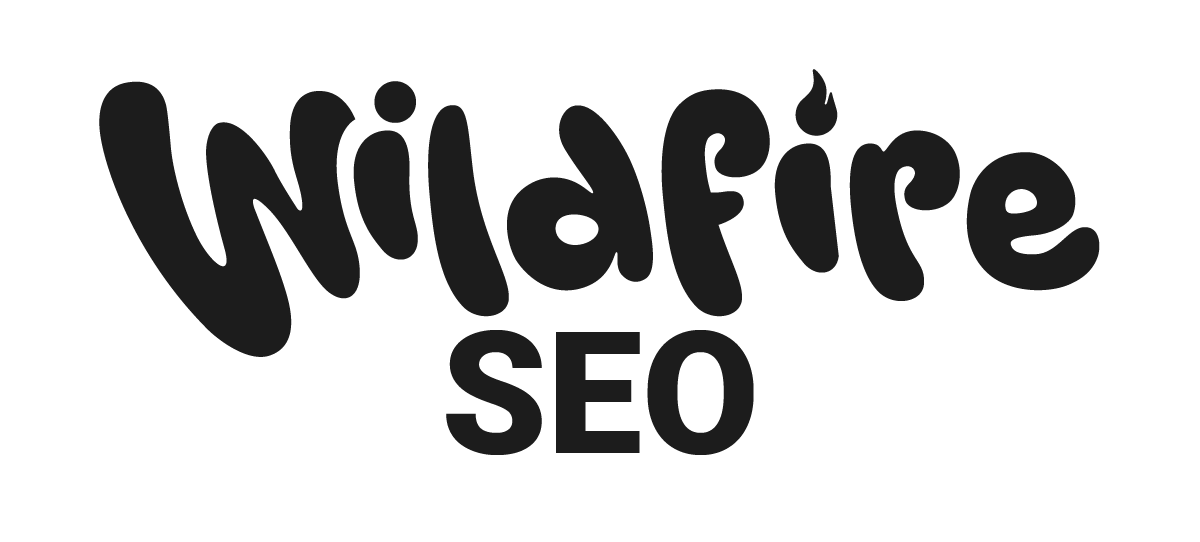
SEO in South Africa: Catering for Online Shopping Habits
The South African e-commerce landscape is maturing fast. With a 29% growth in online retail reported in 2023 and mobile access becoming the primary gateway to online services, businesses need to respond with strategies that match the realities of the market. As more consumers shift from physical stores to digital carts, companies must tailor their visibility strategies not to a global standard, but to the nuanced needs of the South African shopper. SEO in South Africa, therefore, is not just a digital discipline—it is a vital connection between relevance, trust, and accessibility.
Generic, one-size-fits-all approaches fail to resonate with a South African audience that brings its own search behaviour, language preferences, and economic considerations to every transaction. To compete meaningfully, SEO in South Africa must reflect the culture, language, expectations, and values of the people behind the searches. Below, we explore the key behavioural drivers shaping how South Africans shop online—and how SEO can meaningfully cater to them.
The Power of Local Language and Search Intent
The average South African online shopper is not typing in the same queries as their American or European counterpart. Instead of “affordable sneakers,” they are searching for “cheap tekkies online.” Instead of “fast delivery service,” they are looking up “same-day delivery Joburg” or “delivery to Limpopo.” These phrases may seem informal or hyper-localised to the untrained ear, but they reflect real, high-intent search behaviour.
SEO in South Africa must respect and mirror these linguistic nuances. Brands that rely solely on generic global keywords miss out on a massive audience searching with culturally specific terms. Recognising and integrating colloquial and regional phrasing builds familiarity and signals that your business understands the local consumer. When shoppers see their own language reflected in search results, it fosters trust and drives click-through rates—paving the way for stronger engagement.
Payment Preference is a Priority
South African consumers are highly selective about how they pay online, and these preferences shape their search behaviour. Many still prefer using Instant EFTs via trusted local gateways like PayFast, or turn to lay-by systems for budget-friendly purchasing. Credit card usage remains significant, but cashless and alternative payments continue to grow as digital literacy spreads into townships and rural areas.
Search terms like “EFT payment accepted South Africa” or “lay-by clothing store” highlight an underlying need for assurance and accessibility. SEO in South Africa should actively surface this information in meta descriptions, product pages, and payment policy content. Businesses that visibly accommodate local payment methods are more likely to win consumer trust, especially in a country where financial inclusion and convenience are front of mind for most shoppers.
Mobile-First is No Longer Optional
Mobile access dominates the South African digital space. Nearly 70% of all online shopping in the country is done through smartphones, especially among millennials and Gen Z consumers. These shoppers are not only browsing via mobile—they’re completing full transaction journeys on small screens, often using limited data on variable-speed networks.
For SEO in South Africa to be effective, websites must be optimised for mobile experiences, including fast loading times, responsive design, and easily tappable navigation. Equally, mobile search results require strategic attention to how snippets, headlines, and structured data appear in SERPs. A poor mobile experience is no longer a minor inconvenience—it’s a conversion killer. Ensuring SEO aligns with mobile habits isn’t just technical best practice, it’s the cornerstone of engaging the country’s largest digital audience.
Building Trust Through SEO
Trust remains a significant barrier to online purchasing in South Africa. Scams, poor delivery experiences, and fear of unsecured payment gateways have left many consumers cautious. SEO can play a vital role in addressing these concerns by showcasing signals of credibility, legitimacy, and local presence directly within search results.
Terms like “local seller,” “safe payment gateway,” and “delivery tracking in SA” should be woven into key SEO touchpoints—such as page titles, snippets, headers, and structured data. Including verifiable business information, secure checkout indicators, and trust-enhancing copy directly in search listings helps consumers vet businesses before they even click. SEO in South Africa that leans into transparency and reassurance builds the confidence required for new customers to take action.
Delivery Queries Drive Search
Shipping information is not an afterthought—it’s a deciding factor. South African shoppers regularly search for services with specific delivery requirements. Whether it’s “free delivery South Africa,” “delivery to Limpopo,” or “same-day delivery in Cape Town,” these keywords signal more than curiosity—they reflect a readiness to purchase, contingent on fulfilment clarity.
This is where SEO in South Africa must go beyond general shipping FAQs and instead prioritise geographic delivery transparency in metadata, structured content, and landing pages. Region-specific logistics are top-of-mind for many buyers, especially those in outlying provinces who have historically faced inconsistent delivery standards. Surfacing tailored delivery details early in the search journey reinforces reliability and drives purchase commitment.
Pricing is Central to Buyer Motivation
Affordability is a core motivation behind the bulk of South African e-commerce search activity. Rising living costs and economic uncertainty make price a pivotal decision point. Consumers actively seek deals and use keywords like “on special,” “Black Friday SA deals,” or “affordable electronics” when browsing.
As a result, SEO in South Africa should not only reflect a product catalogue but also showcase price-driven messaging throughout content architecture. Optimising for savings-related terms, promotions, and time-sensitive offers aligns directly with consumer motivations. Seasonal pages, deal directories, and value-based copy all contribute to higher visibility and conversion rates, especially when competition for budget-conscious consumers intensifies around peak shopping periods.
Local Reviews and User-Generated Content Matter
Word-of-mouth remains powerful in South African culture. Shoppers are far more likely to trust reviews and testimonials from local people who have engaged with a product or service. Featuring authentic, region-specific user-generated content (UGC) is a credibility booster that also improves search visibility when marked up correctly.
SEO in South Africa benefits significantly from localised review content—especially when presented in languages such as Afrikaans, isiZulu, or isiXhosa. This linguistic relevance not only increases organic traffic from multilingual queries but deepens consumer trust by mirroring how South Africans actually speak and shop. Including UGC in strategic on-site placements and ensuring it is crawlable and indexable enhances both relevance and authority in Google’s eyes.
Seasonality and Multi-Language Opportunities
South Africa’s retail calendar is shaped by distinct local events. From Black Friday to festive-season spending in December and the January back-to-school rush, consumers actively time their online shopping to align with culturally relevant occasions. These periods are goldmines for businesses that prepare their SEO campaigns in advance.
Multilingual content provides another competitive edge. With 11 official languages, even modest translation efforts—such as providing product information or promotional content in Afrikaans or isiZulu—can improve both reach and inclusivity. SEO in South Africa that accommodates seasonality and language diversity not only captures more traffic but shows respect for cultural context—building brand equity in the process.
The Role of Regional Landing Pages
Location matters. Shoppers are often looking for businesses that serve their specific area, and searches like “online clothing store Cape Town” or “electronics delivery in Pretoria” demonstrate this hyperlocal intent. National reach is no longer enough—local relevance drives action.
Regional landing pages tailored to specific cities or provinces are a powerful tool in SEO in South Africa. These pages allow brands to speak directly to the logistical and cultural context of a place. They also increase the likelihood of appearing in Google’s local pack, maps, and mobile-first search results. For businesses with physical footprints or flexible delivery zones, regional SEO unlocks more precise targeting and stronger consumer affinity.
If your business is ready to connect with local consumers on their terms, we’re here to help. At Wildfire SEO, we specialise in crafting strategies that reflect South African search behaviour, language, and motivations. Contact us to discover how our team can help your brand grow organically in this unique and evolving market.



